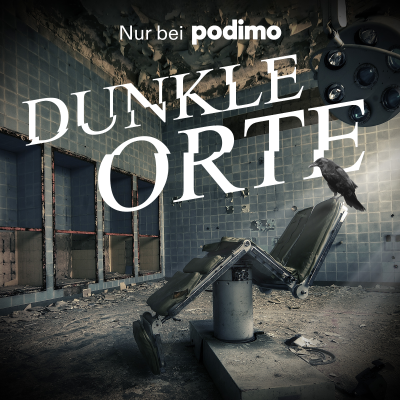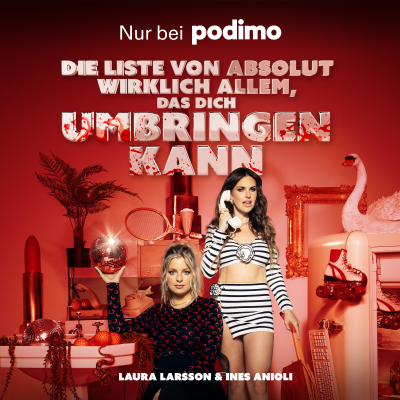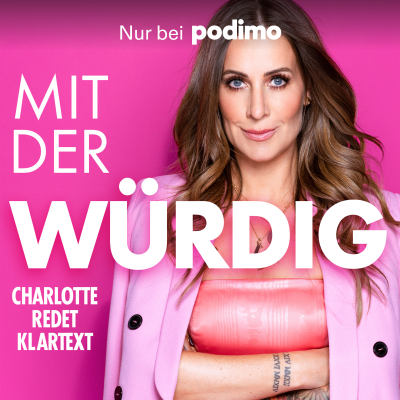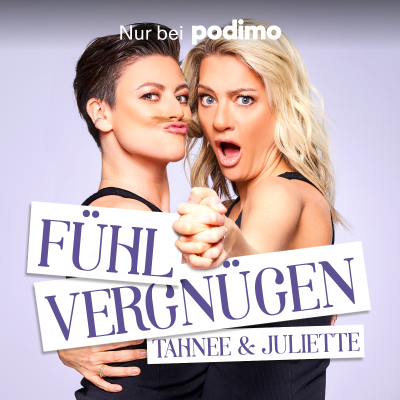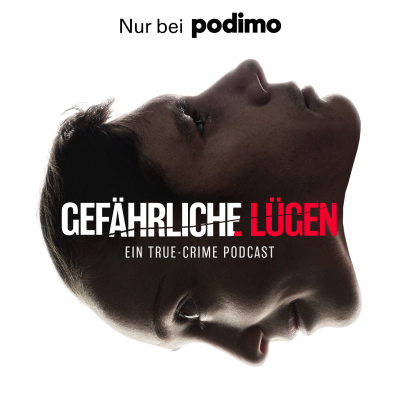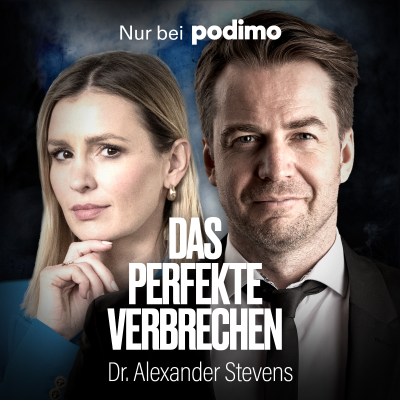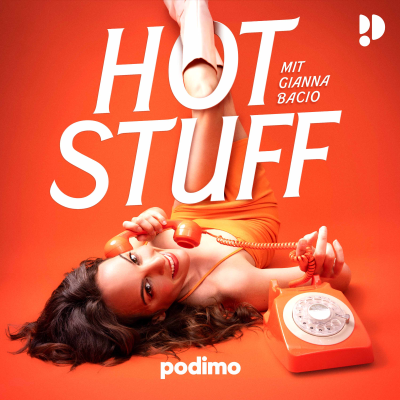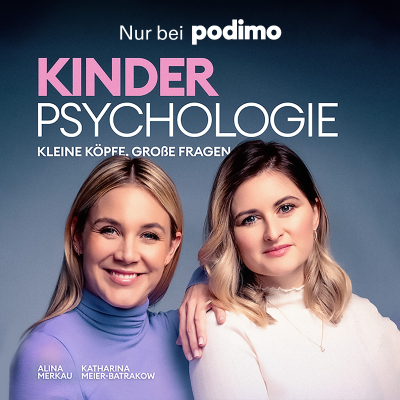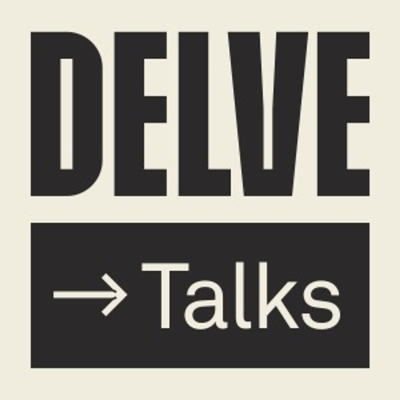
Delve Talks
Englisch
Kostenlos bei Podimo
Kostenlos hören bei Podimo
Starte jetzt und verbinde dich mit deinen Lieblingspodcaster*innen
- Vertraut von über 1 Mio. deutschen Hörer*innen
- Über 1.000 lokale Podcasts und Shows – nur bei Podimo
- Keine Zahlung nötig
Mehr Delve Talks
Co-hosted by Dave Franchino and Stefanie Norvaisas, design firm leaders with engineering and cultural anthropology backgrounds, this podcast digs into the challenges around design, product development, leadership and innovation. In the first two seasons, Dave and Stefanie interview leaders on what it takes to create a corporate culture of innovation.
Alle Folgen
21 FolgenHector Silva, Advanced Design
Hector Silva founded a design education nonprofit called Advanced Design that, since 2016, has exploded. Their programming seeks to disrupt professional development in the field of industrial design, and if you have designers on staff, chances are they’ve heard the name before. It’s working. Hosts Dave Franchino and Stefanie Norvaisas chat with Hector about: - The gap between design education and real-world practice - How design has changed from “form giving” to strategic weapon - Mental health and diversity in the design industry
Lennon Rodgers, UW Makerspace
Lennon Rodgers is an engineer who has worked at the NASA Jet Propulsion Laboratory and the International Design Center at the Massachusetts Institute of Technology. Today he oversees an ecosystem of courses, programs, and more than 40,000 square feet of design and fabrication spaces within the University of Wisconsin College of Engineering. Lennon shared his passion for art, how makerspaces are becoming a catalyst for entrepreneurship and innovation, and what employers can expect when the next generation of engineers and tinkerers start working professionally. - Art and engineering - Engineers are more hands-on today - Makerspaces as interdisciplinary innovation accelerators - Engineers must be user-centered
Brenda Chamulak, Tekni-Plex
Growth requires alignment Brenda’s charge is to lead a growth mindset at Tekni-Plex, of which innovation is a part.Setting the stage for growth begins with alignment across the organization toward a common goal and vision. “The way you inform growth and momentum and get fuel is the tank is to be able to collect, gather and connect insights and thoughts that others can’t see through your unique lens,” she said. “And it’s tough to do that one person at a time, so when you can get the whole organization looking at it and seeing the opportunities and having the reasons to believe and motivation for change, you create an extremely powerful organization.” Growth through acquisition means looking at the bigger picture Tekni-Plex has grown through the acquisition of 14 companies in the last five years. The ability to integrate those acquisitions into the organization has been exceptional, Brenda said. The challenge is looking to the future: how do you leverage all of these capabilities that you’ve acquired? It involves getting the organization aligned not just to looking at those technologies, but the combination of technologies that exists under the Tekni-Plex umbrella. “We have to step back for a second and look at the lens a little differently,” she said. “The muscle that’s required to look at that in totality starts to think about the market needs and what the trends are and how you’re going to take all of those capabilities that are in your toolbox and uniquely bring that forward to the market.” Your brand needs to stay relevant as consumer choices change Consumers have more choices today. They have more places to shop and access to more brands, and as a result every brand is struggling to stay relevant, she said. In packaging, sustainability is a big topic but it’s not enough to deliver solutions on its own. It’s sustainability plus something else. It might be sustainability and packaging strong enough to withstand e-commerce or protecting food for extended freshness. And the brand experience needs to be included in the mix. In creating packaging solutions, material sciences are a key component in innovating and offering customers better solutions. In a highly competitive and quickly changing environment, taking stock of all the assets you have, knowing what makes you special, understanding your value proposition, and what skills are necessary to address your customers’ needs in the future are critical to survival. Triangulation helps guide “skating toward the puck” Predicting consumer behavior, which was already undergoing huge changes even before the pandemic, requires what Brenda called triangulation. It’s looking at a number of factors including what will likely be important to consumers moving forward. During the pandemic, the desire for infection control made once-popular items such as reusable cups and shopping bags undesirable. Post-pandemic, will consumers once again place more emphasis on sustainability? Tekni-Plex looks at consumer behavior across an number of drivers and market segments – demographics and geographically -- to try to understand and comprehend what’s going to change. Innovation comes from within The idea of a growing organization and delivering on truly world-class innovation comes from within, Brenda said. It comes from a culture of being able to triangulate different capabilities and needs in the market: “It’s at the intersection of how you can truly create a competitive advantage by leveraging your unique understanding of the world around you. It’s not just in the pillar of innovation, it permeates through the whole organization to see opportunities more broadly and everyone participates in it.” Organizations that silo innovation or layer it on top of the rest of the organization typically fail at it, she said. The path to developing a strong level of innovation is a continuous mindset. It’s not a one-point-in-time approach.
QuHarrison Terry, Mark Cuban Companies
"But I think sometimes we have to look at what is six months to a year out and what can we control. And I think we all have to say, hey, let's make sure we get through this pandemic. Let's make sure we get the people that are around us, that are near us, doing as well as they can be. If we can do anything to change and help them, we're making ourselves available to do that. I think that that's where we as leaders should fall right now and the future will figure itself out. I believe in Americans. I believe in humanity as a whole. And I think right now, like, we all have some really cool things to show our unity. And by way of the pandemic, we've made some really, really strong strides on really difficult conversations such as racism and segregation as far as opportunity and access. So there has been a lot of good stuff that's happened. And yes, truth is, is a question and construct that we all are going to deal with, but that's going to be forever true, unfortunately."
Delve Talks: Ben Morris, Coaster Cycles
We had the opportunity to talk with Ben Morris, Ben Morris, CEO and Founder of Coaster Cycles, Coaster Outdoor and CC Face Shields. Coaster Cycles develops innovative, eco-friendly transportation solutions for passenger, last-mile, and cargo needs. Coaster Outdoor focuses on pedicab-based marketing solutions. He started both companies in 2004. This year, in light of the needs for PPE at the beginning of the pandemic, he started CC Face Shields. Ben shared how Coaster’s commitment to innovation, nimbleness, and community have helped it weather the challenges of the pandemic. Here are some takeaways: Seize the opportunities Ben started out as a pedicab driver and saw an opportunity to spread the fun experience he had in San Diego to Boston, where he was going to college. He started with a couple bikes near Fenway Park and it eventually grew to a national business called Coaster Cycles. From there, he quickly saw the opportunities for a new type of outdoor advertising using pedicabs and formed Coaster Outdoor. It was several years later, when they realized that mechanical issues were cutting into profits that they decided to design their own bike (with the help of Delve) and eventually realized they needed to manufacture it, too. Since then, the market has changed and they are looking at last-mile, cargo, and other transportation solutions. In addition, Ben and his team seized upon the Badger Shield open-source face shield design to get his employees (and other community members in Montana where they are headquartered) back to work in the early days of the pandemic. Understanding the user is key Coaster initially had no interest in designing and manufacturing bikes, but they knew their users and pain points. When they discovered there was no good off-the-shelf solution, they made the decision to design their own pedicab.We didn't know, like how you started, how you think. “We just knew as the operator, ‘OK, this was a pain point. This was an opportunity. Let's gather all those details and let's put those into writing and get up on the drawing board,’” Ben said. Learning about the iterative process of product design has been integral to their continued growth, but it all started with understanding their users. Evolve with your market When Coaster started, pedicab operations were a lot like taxi companies. You basically contracted out with a company to drive a vehicle around and collect fares, but you were your own boss. With the advent of rideshare and scooter companies, pedicab use has evolved into a more event-specific business that’s driven by sports, concerts, and conventions where companies hire them out for sampling and other activities. Even before Covid sidelined these activities, Coaster was seeing a growing market for last-mile transportation and cargo in increasingly congested cities. “We believe the format that we have can be a real asset for these (e-commerce) carriers, not only from an environmental impact, where with many of these instances, we're doing a one for one vehicle swap, one bike on the road, one vehicle off the street,” Ben said. “But we're also, in many cases, able to show cost reductions in terms of efficiencies gained by their ability to operate and bike lanes and not travel around looking for parking and things of that nature.” Support community and let them support you When Coaster decided to bring their workers back to make face shields at the beginning of the pandemic, they quickly had an order that outstripped their capacity. They went to the breweries, restaurants, and catering companies they knew in their small city of Missoula, Montana and asked if their workers, many un-or underemployed because of the pandemic, would be willing to build face shields. The response was inspiring. “I think in the height of when we were running, we had 115 people building the face shields,” Ben said. “We were doing about 50,000 a day. A quarter million a week. And about 55 of those 115 were with us (Coaster employees) and the others were in the community and spread across about five or six different businesses. And to this day, though we're not working with them, and the opportunity does arise there they are like ready to go and ready to jump right back in the swing of things and go back to making face shields.” Learn from Covid Moving their operations to a single focus showed Ben and his team the potential of streamlining and focusing their efforts in the future to improve business operations. Emerging from the pandemic, Coaster will be narrowing its product line and looking for efficiencies so they may be doing fewer things, but they will be doing them better.




